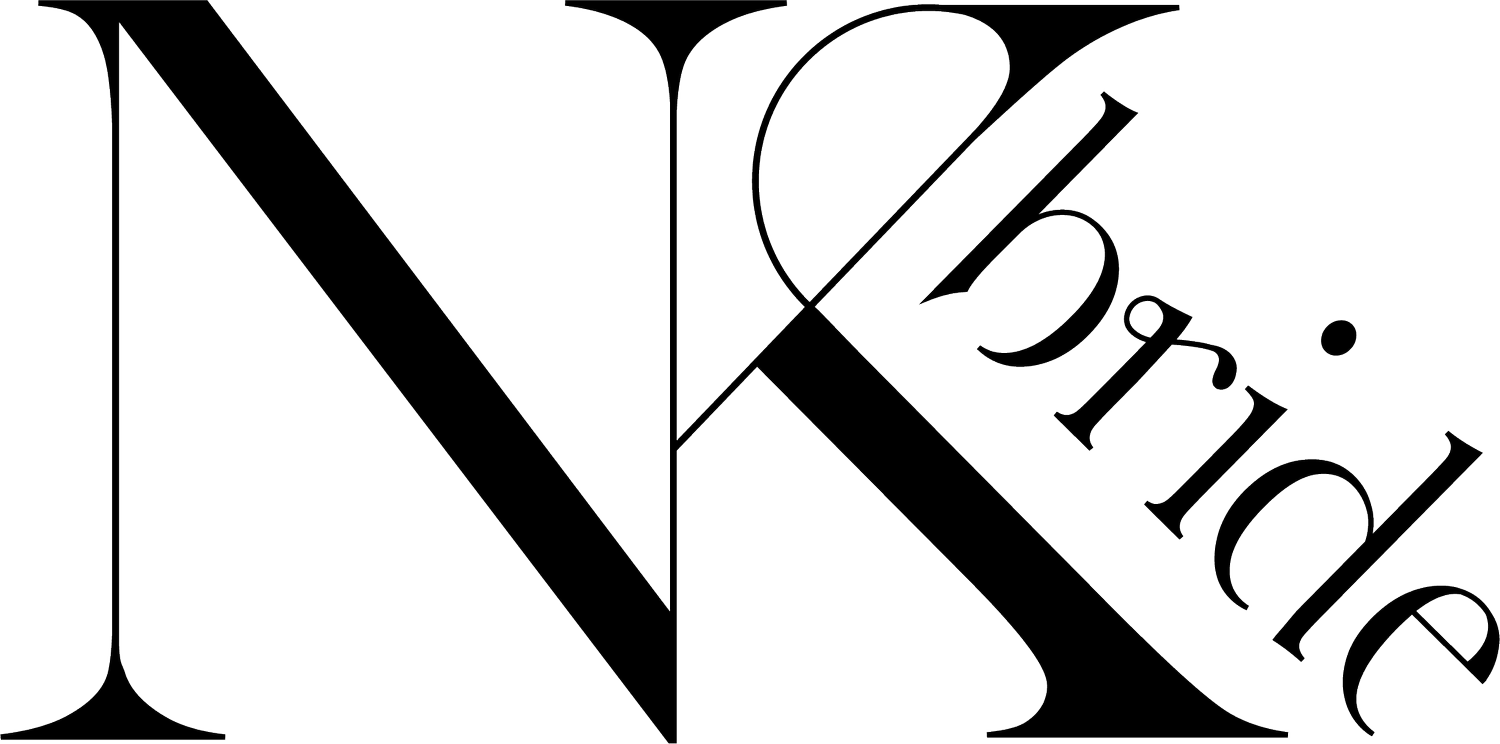Weddings all over the globe have one shared goal: celebrating love and commitment! But how every culture celebrates can be a little different. To inspire our creative minds, and help you draw connections to other cultures and history we’re taking a look at weddings around the world. This time, Israel! Israeli weddings are most often based on the Jewish religion, however there are influences from North African and Indian cultures. With influences from many cultures, and a shift towards western wedding trends, we did the best to collect traditions and experiences that are most likely to be at an Israelian Wedding.
“CLICK ON PHOTOS FOR SOURCE AND CREDIT”
The guest attire is much more comfortable at an Israeli wedding. Oftentimes guests are dressed far more casually than is expected of a guest at a western wedding. For more traditional Jewish ceremonies male guests will commonly wear Kippahs or Yarmulkas to cover their heads.
The Orthodox Jewish ceremonies themselves typically last 35-45 minutes, and guests are typically seated on sides based on gender. For super religious ceremonies the men and women may even celebrate separately and join together later during the wedding celebration.
Some of the amazing Israeli/Jewish traditions are Shabbat Hatan (for the groom) and the Mikvah Bathing Ritual (for the bride). Taking place either the saturday before, or after, the wedding, The Shabbat Hatan is the traditional reading of the torah at synagogue in honor of the new marriage. For the bride to prepare for the wedding she must partake in the Mikvah Bathing Ritual, traditionally done in 200 gallons of rainwater, but modernly treated as a spa-like experience for the bride to be.
For Israeli couples the first-look is long anticipated. In many highly orthadox communities the bride and groom must be separate for a week before the wedding, and the groom may only see the bride once she is fully ready. For these couples this first look moment has had much build up, and is filled with emotion, much like the western first look.
Before the first look, the groom signs a contract outlining his marital duties with the help of two witnesses. Once this process, called Ketubah, has ended and the ink on the page has dried, the groom may go see his bride. Before heading to the actual ceremony, the guests are gathered for a reception, or cocktail hour. This is time for guests to mingle and be welcomed by the families of the bride and groom. Toward the end of the reception the male guests celebrate with the groom with loud song and dance in what's known as the groom’s tisch.
At the ceremony the bride will make her appearance, usually for the first time, to her guests. For an orthodox wedding to be considered legitimate they require a quorum of at least 10 male adults. The Bedeken is the veiling ceremony in Israeli weddings. This tradition holds a lot of meaning as it represents that the groom's love goes beyond her beauty and celebrates the love of her soul. Once the bride is unveiled it’s time for the public ceremony.
Depending on the religious beliefs of the couple, an Israeli wedding ceremony may be far more relaxed than what western traditions express. Guests often stand through the ceremony, and mingle throughout. The ceremonies are filled with readings and traditions. Some famous traditions are the seven circles where the bride circles her groom seven times to symbolize the building of their new home, as the world was built in seven days. Much like western weddings the couple will also exchange vows and rings during the ceremony.
Everyone is familiar with the breaking of the glass. A favorite tradition thanks to television and movies throughout the years. At the end of the ceremony, and before the kiss the groom will stomp on a glass and everyone exclaims “mazel tov!”. Following this the crowd will rush to congratulate the couple. Unlike western weddings there are oftentimes no processional out of the ceremony space, and guests will just rush to embrace the bride and groom.
Following the ceremony is the reception filled with food and fun. At the conclusion of the dinner 7 men close to the bride and groom perform the seven blessings. This includes lots of singing and joyful celebration. Speeches are not as common for Israeli weddings, but dancing and partying can last well into the following morning.
So what do they wear? Israeli couples have moved away from traditional garments, and they frequently dress in white, or off white wedding gowns similar to those styles of western brides. In fact, many American brides choose wedding dresses by Israeli Designers for their beautiful fabrics and styles. Grooms typically wear a suit with a Kippahs or Yarmulkas, and during the ceremony can wear a white robe called a kittel. Israeli couples with African or Indian backgrounds may also decorate themselves with henna.
All in all Israeli weddings are well known for their combination of classic traditions and a party atmosphere. Couples will often celebrate long into the night with their guests, and the parties are known for their fun nature.
For more Weddings Around the World Check Out Japan, Pakistan, Russia, and Peru!
Also Check Out Our Pinterest for more Israeli Wedding Inspo!
Cover Photo credits: Smashing the Glass
